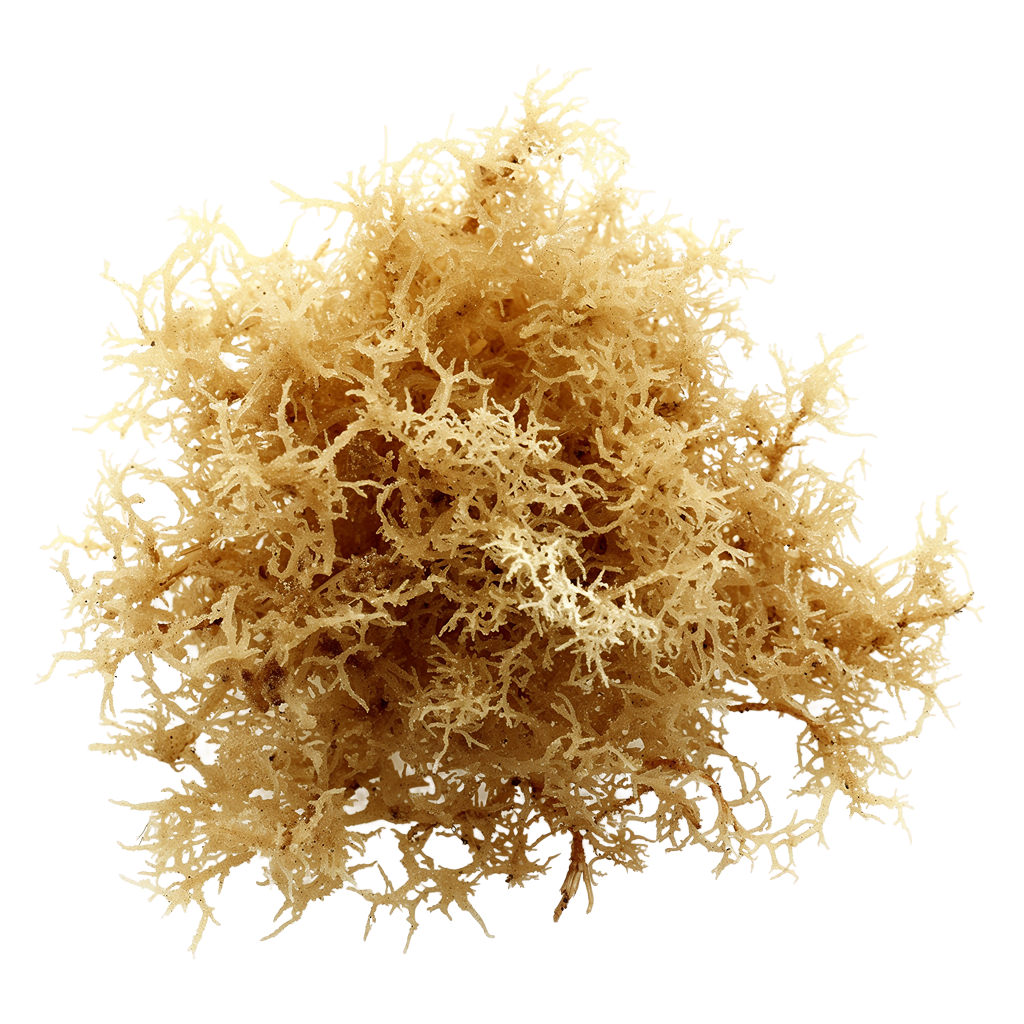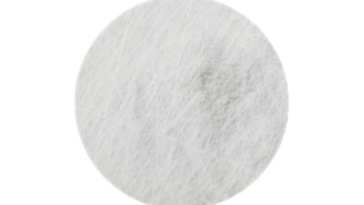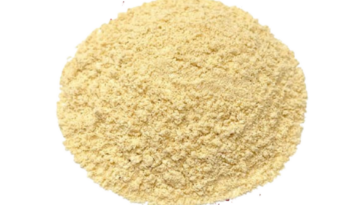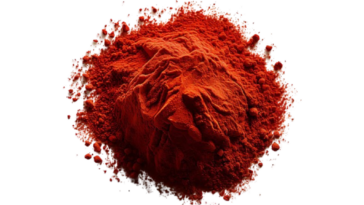Sodium alginate, a versatile compound widely used in various industries today, finds its origins in the natural world, specifically in seaweed. Alginate, the parent compound of sodium alginate, is a polysaccharide extracted from the cell walls of brown seaweed, such as kelp and giant brown algae. This compound serves as a structural element in these seaweeds, providing them with strength and flexibility to withstand the turbulent marine environment. The extraction process typically involves harvesting the seaweed, washing it to remove impurities, and then treating it with an alkaline solution to solubilize the alginate. Finally, through a series of filtration and precipitation steps, sodium alginate is obtained from this solution.
The discovery of sodium alginate’s properties and its subsequent applications can be traced back to the early 20th century. Initially, its use was primarily in the food industry, where it was valued for its gelling and thickening properties. Over time, researchers and manufacturers recognized its potential in various other fields, including pharmaceuticals, textile printing, and even in the creation of biomedical materials. Today, sodium alginate is a staple ingredient in many products, ranging from processed foods to wound dressings, owing to its biocompatibility, non-toxic nature, and ability to form gels in the presence of calcium ions, making it a valuable resource with origins deeply rooted in the ocean.
Vitamins & Minerals:
Sodium alginate is a compound derived from brown seaweed and is primarily used as a food additive, particularly in the production of foods like yogurt, ice cream, and jelly. While it does contain trace amounts of vitamins and minerals, it’s not typically considered a significant source of these nutrients. However, it may contain small quantities of certain vitamins and minerals naturally present in seaweed, such as vitamin K, calcium, magnesium, and iodine.
Vitamin K is essential for blood clotting and bone health. It plays a crucial role in the activation of proteins that regulate clotting and also contributes to bone metabolism, helping to maintain bone density and strength. Calcium is well-known for its role in bone health, but it also supports muscle function, nerve transmission, and hormone secretion. Magnesium is involved in hundreds of biochemical reactions in the body, including energy production, protein synthesis, and muscle and nerve function. Iodine is a vital component of thyroid hormones, which regulate metabolism, growth, and development. While sodium alginate may contain trace amounts of these nutrients, they are not present in significant quantities to contribute substantially to daily requirements. Therefore, it’s essential to obtain these nutrients from a varied and balanced diet that includes other food sources rich in these vitamins and minerals.
Probiotic, Prebiotic, or Postbiotic:
Sodium alginate itself isn’t a probiotic, prebiotic, or postbiotic. Let me break down what each of these terms mean:
- Probiotic: Probiotics are live microorganisms that, when administered in adequate amounts, confer a health benefit on the host. These are typically strains of beneficial bacteria or yeast, such as Lactobacillus or Bifidobacterium, which can promote gut health and digestion.
- Prebiotic: Prebiotics are non-digestible fibers that stimulate the growth or activity of beneficial bacteria in the colon. They serve as food for probiotics and help them thrive. Common prebiotics include inulin, fructooligosaccharides (FOS), and certain types of dietary fibers found in foods like chicory root, onions, garlic, and bananas.
- Postbiotic: Postbiotics are the metabolic byproducts or components produced by probiotics during fermentation that confer health benefits. These can include short-chain fatty acids, certain enzymes, peptides, and other bioactive molecules that have immunomodulatory, anti-inflammatory, or other beneficial effects on the host.
Sodium alginate, on the other hand, is a naturally occurring polysaccharide extracted from brown seaweed. It’s commonly used in the food industry as a thickener and gelling agent. While it does have some health benefits, such as promoting satiety and potentially aiding in weight loss due to its fiber content, it doesn’t directly fulfill the roles of probiotics, prebiotics, or postbiotics.
However, sodium alginate can be used as a carrier for probiotics or prebiotics. For example, it can be incorporated into formulations of probiotic supplements or foods to protect the probiotic bacteria from stomach acid and deliver them to the gut where they can exert their beneficial effects. Additionally, it can serve as a matrix for controlled release of prebiotic compounds in the colon, promoting their fermentation by beneficial gut bacteria.
So, while sodium alginate itself isn’t a probiotic, prebiotic, or postbiotic, it can play a role in supporting the function or delivery of these beneficial components in the gut.
Dietary & Health Information:
Sodium alginate is a compound derived from seaweed that is commonly used as a food additive, particularly in the food industry for its thickening, stabilizing, and gelling properties. While it doesn’t have significant nutritional value itself, it’s often used as a substitute for fats and to increase the fiber content in foods.
In terms of health considerations, sodium alginate is generally recognized as safe by regulatory bodies like the U.S. Food and Drug Administration (FDA) and the European Food Safety Authority (EFSA) when used in appropriate amounts. However, excessive intake of sodium in any form, including sodium alginate, can contribute to health issues such as high blood pressure and cardiovascular disease, especially in individuals who are sensitive to sodium.
There isn’t a specific maximum daily intake established for sodium alginate alone, as it’s typically consumed as part of processed foods where its concentration varies. Instead, the focus should be on overall sodium intake. The American Heart Association recommends limiting sodium intake to no more than 2,300 milligrams per day, with an ideal limit of 1,500 milligrams per day for most adults, especially those with hypertension, kidney disease, diabetes, or who are African American or over the age of 51.
To monitor your sodium intake, it’s important to read food labels carefully and choose foods that are lower in sodium, including those with sodium alginate listed as an ingredient. Additionally, consuming a balanced diet rich in fruits, vegetables, whole grains, and lean proteins can help mitigate the effects of sodium and promote overall health. If you have specific health concerns or dietary restrictions, it’s always a good idea to consult with a healthcare professional or a registered dietitian for personalized advice.
Scientific Study:
National Institutes of Health (NIH) Sodium Alginate Research →




 No products in the cart.
No products in the cart.